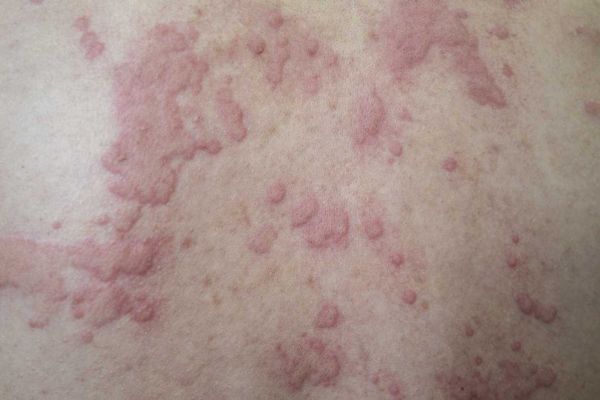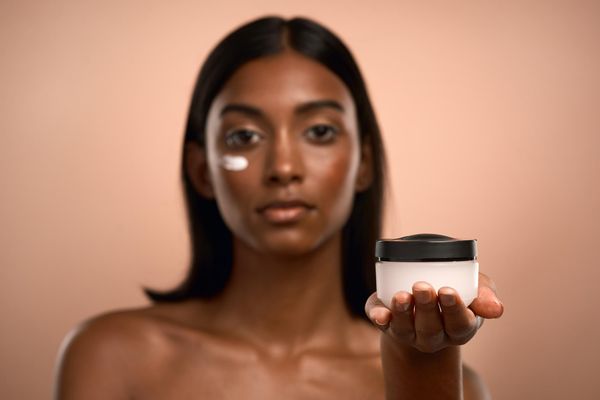Guest blogger: Eucerin Skin First Council Member Dr. Rajesh Balkrishnan
Over the past few decades, the physical and mental effects of skin diseases have been extensively documented. Recently, I authored a paper titled "Skin Disorders and Quality of Life" with my colleague Huang-Tz Ou. According to our research, the condition of our skin has a profound impact on every aspect of our daily lives. We found that a person's psychological well-being, social interaction and daily activities were adversely affected by skin problems and diseases, demonstrating a link between skin condition and one's state of mind. What's more, these negative effects can extend to the person's family and coworkers.
Sufferers of chronic skin problems such as psoriasis showed physical and mental impairment that was comparable to that seen in people with cancer, arthritis, hypertension, heart disease and depression. Additionally, children with psoriasis were found to have a lower quality of life than those with chronic diseases such as diabetes or epilepsy.
Even less severe skin conditions such as minor cases of acne or atopic dermatitis were shown to have negative affects. Studies have found that adolescents with acne are more socially isolated and self-conscious than their friends and have higher levels of anxiety and anger. Children and adults with the intense dry skin and itching associated with atopic dermatitis were also at risk for psychological difficulties. The irritability and sleep disruption caused by this disease can even lead to increased daytime drowsiness, resulting in problems at school or work.
This research points to the important link between the state of our skin and our state of mind. It is important for both you and your health care providers to pay close attention to the very real emotional toll skin disorders can take. Identifying and seeking proper treatment is essential for reasons far beyond the cosmetic.
Luckily, the awareness that skin is an important element of overall health is growing. Increasingly, people are being diagnosed and treated before skin problems escalate. The number of people being treated for skin issues has increased in the past two decades. This isn't due to new skin issues being discovered; it's because people are seeking solutions like never before.
Although genetics definitely play a role in the quality and health of skin in general, we can have a greater awareness of what types of skin are susceptible to problems or damage and encourage those in more susceptible groups to get into skin protection at an early age.
Maintaining an active healthy lifestyle, avoiding sun and tanning bed exposure and enhancing skin health in natural ways such as frequent moisturizing can all help improve your skin. If your skin issues are severe, a strong relationship with your physician may make you more likely to listen to your doctor's recommendations, which prevents disease relapses. Doctors should be empathetic and take time to talk with you about the consequences skin disorders can have on your daily life. Knowledge and education ultimately produce lower levels of anxiety in those who suffer from these problems.
I believe medical treatments of skin problems should not only be effective in getting rid of skin conditions, but should also aim to improve your quality of life. Only then can you elevate your mood and, quite literally, "put on a happy face."
Dr. Rajesh Balkrishnan directs the Center for Medication Use, Policy and Economics at the University of Michigan. Dr. Balkrishnan's research generally focuses on the application of statistical methodology in examining issues related to the effectiveness of medical care delivery. He is a member of the Eucerin Skin First Council.







